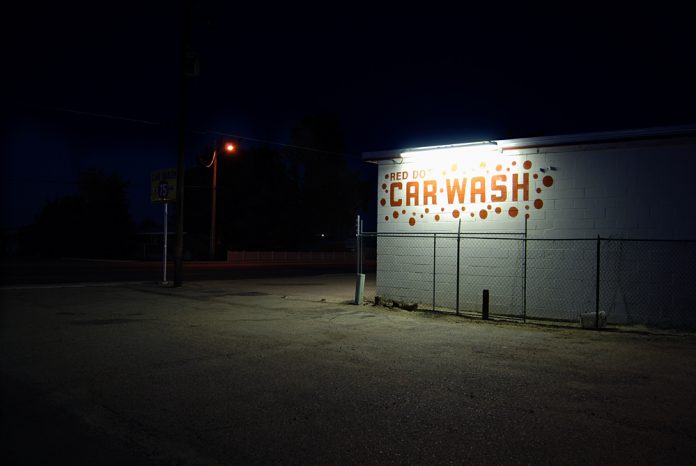Drivers reported more than 900 potential cases of modern slavery at hand car washes over a five-month period, according to research by the University of Nottingham
The Safe Car Wash app, which allows drivers to respond to a checklist of key factors that may suggest modern slavery or labour exploitation in hand car washes, has been downloaded 8,225 times since its launch by the Church of England and the Catholic Church in England and Wales last year.
Between June and December 2018 there were 2271 completed entries using the app, with 41%, or 930 reports, where after responding to a number of questions, users were told there was a likelihood of modern slavery at the hand car wash. They were then asked to call the Modern Slavery Helpline and their anonymised findings were shared in real time with police and the Gangmasters’ and Labour Abuse Authority.
Analysis by the University of Nottingham’s Rights Lab in a new policy report released showed that nearly half of reports, or 48%, commented that workers did not have access to suitable protective clothing such as gloves or boots, despite many hand car washes typically requiring their workers to use potentially harmful chemicals such as hydrochloric acid.
A large majority of responses, 80%, said that the car wash had a cash only policy. Nearly one in 10, or 8%, of reports, logged that children were working on site, and 17% of users identified fearful looking workers.
The app asked drivers to look out for nearby caravans, containers, mattresses and bedding as evidence of workers living on site. A total of 14% of reports suggested that workers were living on the car wash site.
The app was launched last year by The Clewer Initiative, the Church of England’s campaign against modern slavery, and the Santa Marta Group, the Catholic Church’s anti-slavery project, with support from anti-slavery campaigners and other key agencies, including the police and councils.
Bishop Alastair Redfern, Chair of The Clewer Initiative, said:
“This research from the University of Nottingham’s Rights Lab shows that the Safe Car Wash app has made an excellent start towards mapping the extent of modern slavery and labour exploitation in hand car washes, and, crucially raising public awareness of this issue.
“Sadly, the findings so far confirm what we already feared – that many car washes do not protect their workers.
“Our conversations with colleagues from law enforcement suggest that the data from the Safe Car Wash app is providing another piece in the puzzle of how to combat this complex crime. We hope to continue to build on this progress.”
Bishop Patrick Lynch, from the Santa Marta Group, said:
“I welcome this report into the results of the Safe Car Wash app. I hope the app and this report will help many people become much more aware of the exploitation that workers in the car washing sector often have to endure.”
Dr. Akilah Jardine, Research Associate at the Rights Lab, said:
“Investigations and operations on hand car wash activities have identified the sector as a high-risk area for labour exploitation. Though often operating in plain sight, a great challenge in tackling abuses is the lack of data on the size and scope of the industry and the nature and prevalence of labour exploitation.
“The Safe Car Wash app shows the potential value of using technology in raising public awareness and leveraging the real-life experience and insight of the community to improve our understanding of the sector and also gather the intelligence required to lead effective investigations.”
A full copy of the report can be found here.











